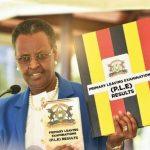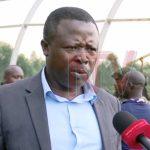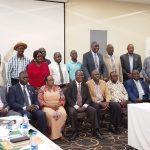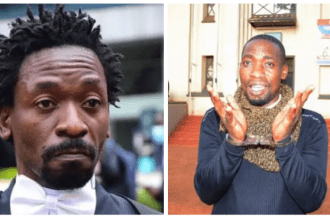Winnie Byanyima, the Executive Director of UNAIDS and a prominent figure at the United Nations, has publicly declared her support for LGBTQ+ communities around the world. In a heartfelt social media post, she expressed pride in being an ally and emphasized the importance of standing with these communities, especially during PRIDE Month.
PRIDE Month, celebrated every June, marks the anniversary of the Stonewall Riots on June 28, 1969. These riots were a pivotal moment in LGBTQ+ history, beginning when New York City police raided the Stonewall Inn, a gay club in Greenwich Village. The events of that night sparked a movement for LGBTQ+ rights, which continues to grow and evolve.
Byanyima highlighted the power of inclusivity and the need to reject criminalization, discrimination, and stigmatization. She noted that PRIDE has always been a mix of protest, commemoration, and celebration. The first PRIDE marchers in New York, over 50 years ago, used the event to reject the shame imposed on them by society and to honor those who had been mistreated.
Byanyima pointed out that the LGBTQ+ community has consistently refused to accept subjugation and has stood in solidarity with all marginalized groups. PRIDE is about collective action for justice, and the determination of LGBTQ+ communities and their allies has been central to significant advances in human rights and public health over the decades.
She drew a parallel between the early gay rights activists of the 1960s and the pioneering efforts of LGBTQ+ activists during the AIDS pandemic in the 1980s. These activists provided crucial peer-to-peer information about HIV and offered care and support when no one else would. They fought against discriminatory laws and attitudes, defending all minorities from violence and discrimination.
As HIV treatment and prevention progressed, LGBTQ+ activists like ACT UP in the United States and the Treatment Action Campaign in South Africa led the charge to make medications accessible to everyone in need. Their efforts helped break the monopoly on medicine production, ensuring broader access to life-saving treatments.
Despite significant progress, Byanyima warned that LGBTQ+ people are still under attack. She pointed out that leaders fearful of losing power are targeting minorities, including LGBTQ+ individuals, women, girls, migrants, and ethnic and religious minorities. These leaders use hatred to distract from their own failures, pushing for harsh laws and encouraging violence against vulnerable groups.
Byanyima also highlighted the shrinking support for civil society organizations as donor countries cut their budgets. She stressed that we are at a critical juncture where the end of AIDS as a public health threat is within reach, but progress is at risk. The fight for human rights must continue, with courage and urgency, to protect everyone’s health.
She emphasized that those at the toughest intersections of injustice are leading the way, but they need allies by their side. Stigma kills, she said, but solidarity saves lives. The United Nations urges everyone to be proud of who they are and to stand as allies for the human rights of all.




















